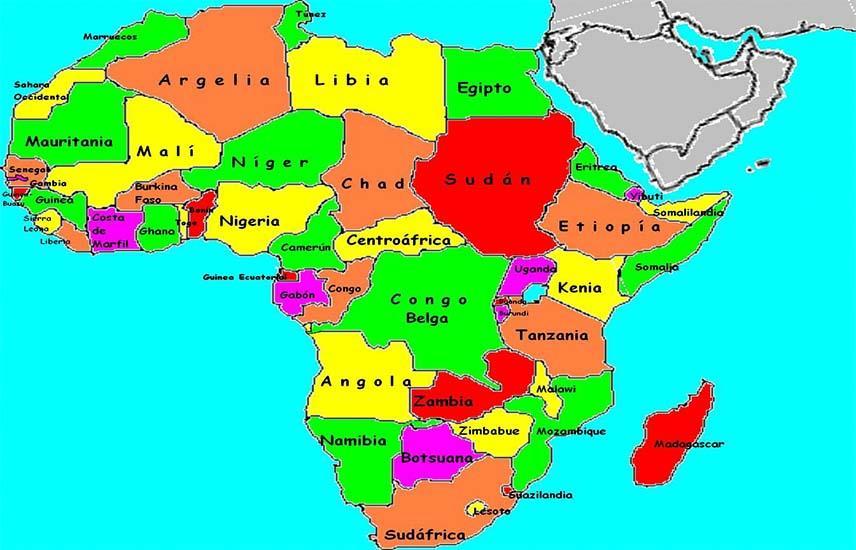Africa-Press – Gambia. Africa continues to struggle with the rising number of non-communicable diseases, chiefly due to the lifestyles that people lead.
According to WHO director of Universal Health Coverage, Dr Adelheid Onyango, this however, is without closing the eye to the damage caused by communicable diseases.
Dr Onyango said this when presenting the strategy on regional multi-sectoral strategy to promote health and wellbeing in the WHO Africa region for 2023 to 2030 at the ingoing 73rd session of the regional committee meet yesterday.
She revealed that communicable diseases accounted for 56 per cent of all deaths in the African region, while between 2000 and 2019 the proportion of deaths due to non-communicable diseases rose from 24.2 percent to 37.1 percent.
Dr Onyango said the epidemiological transition was driven in part by factors such as urbanisation, changing diets and sedentary lifestyles.
“Africa also faces the consequences of climate change which include floods, droughts, cyclones and disease outbreaks that in turn cause population displacement and conflict,” she said.
She said to add to the burden of increasing diseases, the continent also continued to grapple with inadequate healthcare infrastructure and limited access to promotive and preventive services.
She said that the effective solutions to these challenges required inter and multi-sectoral actions.
“Due to weak regulatory systems, we already have other challenges with road traffic accidents, the consumption of unhealthy foods, air pollution, tobacco, the harmful use of alcohol and many other health risks,” she said.
The director said therefore that the strategy proposed a whole-of-government, whole-of-society, people-centered approach to improve health and well-being for all people at all ages and everywhere.
Dr Onyango said the region should emphasise on the strategic priority of promoting good health.
For More News And Analysis About Gambia Follow Africa-Press






